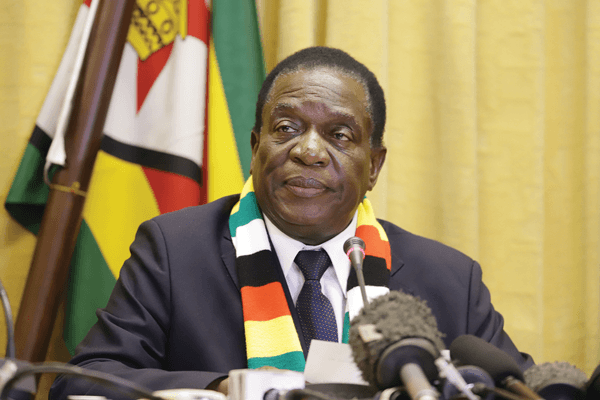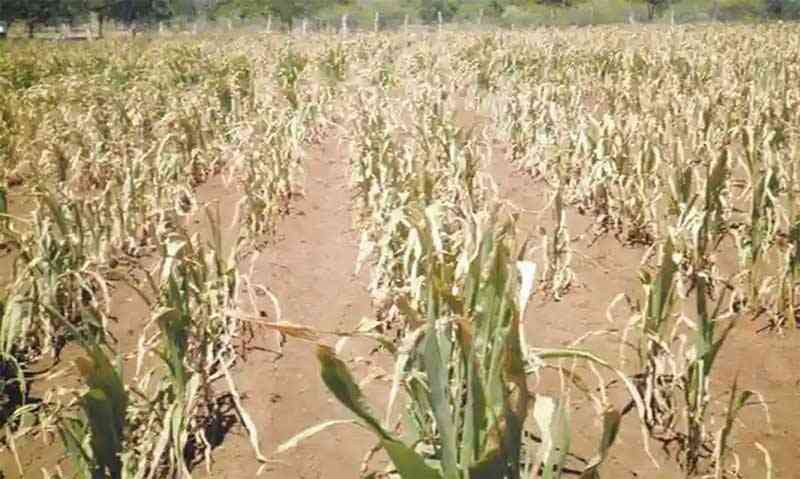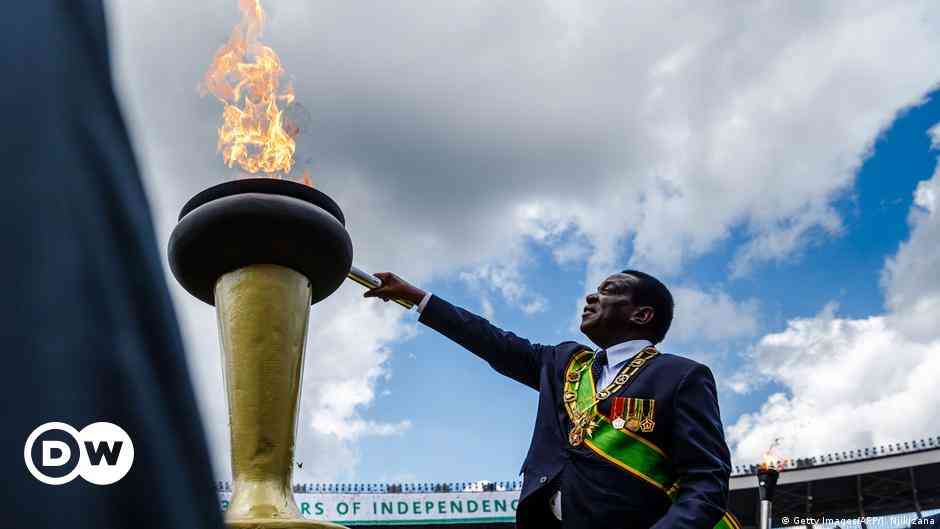
FOR the umpteenth time, we wish to reiterate that the sacrifices that our brothers and sisters made to liberate this country from colonial bondage can never be belittled. Surely, underestimating the sacrifices made by these gallant sons and daughters of the soil has the potential to invite a curse upon the next generations.
NewsDay Comment
Our indebtedness can never be repaid by whatever means, be it monetary or otherwise.
And each effort to shore up the country’s perpetual gratitude should be commended and welcome at every turn. We, however, wish to throw in a word of caution on an issue that some feel has the potential of perpetuating our misery as a nation.
President Emmerson Mnangagwa has decreed that the allocation of land will, with immediate effect, prioritise “the gallant sons and daughters of Zimbabwe who participated in the protracted struggle for the liberation of (Zimbabwe)”.
Our concerns arise from the fact that this is not the first time that our gallant fighters have been prioritised on the allocation of this critical resource having, in fact, been the ones who pushed government in 2000, to compulsorily acquire all former white-owned commercial farms. As far as we understand the background to this issue, the war veterans were the ones who occupied and are still occupying the majority of those farms.
It’s still fresh in our minds that the same war veterans in 1997 forced government to pay them $50 000 once-off gratuities each which sent the economy into a tailspin and crushed the local currency.
If land disputes have since flared-up over the years, fair and fine, but we are wary that this could just be another attempt to pacify this restive section of our society. We fear that the ruling elite may have just found a fall guy in the war veterans, whose gullibility they continue to exploit.
- Chamisa under fire over US$120K donation
- Mavhunga puts DeMbare into Chibuku quarterfinals
- Pension funds bet on Cabora Bassa oilfields
- Councils defy govt fire tender directive
Keep Reading
Our other serious concern is that the land in question, which has necessitated the on-going land audit, has largely been left fallow and so underutilised that for two decades, the once-upon-a-time bread basket of Africa has been hamstrung and food insecure. Will prioritisation of the country’s land to war veterans equate to increased production on the farms?
This is why we are curious as to the reason behind prioritising war veterans in the next round of land allocation at a time when the country has churned out thousands of graduands from universities and agricultural colleges who are currently redundant.
Should priority not have been given to these other sons and daughters of Zimbabwe, who are, if truth be told, the war veterans’ sons and daughters? Are these young and energetic inheritors of the war veterans’ prize for their sacrifices not capable enough to take this nation to the next level?
Did our war veterans not sacrifice their lives so that this young generation may benefit from their struggles and tears? Should the war veterans not be keen to see their own sons, daughters and grandchildren productively farm on the very land they sacrificed their lives for?
Is it not their time to rest and let this generation work the land. As a Ghanaian proverb puts it: “It is at the end of the old rope that the new one is best woven.”











